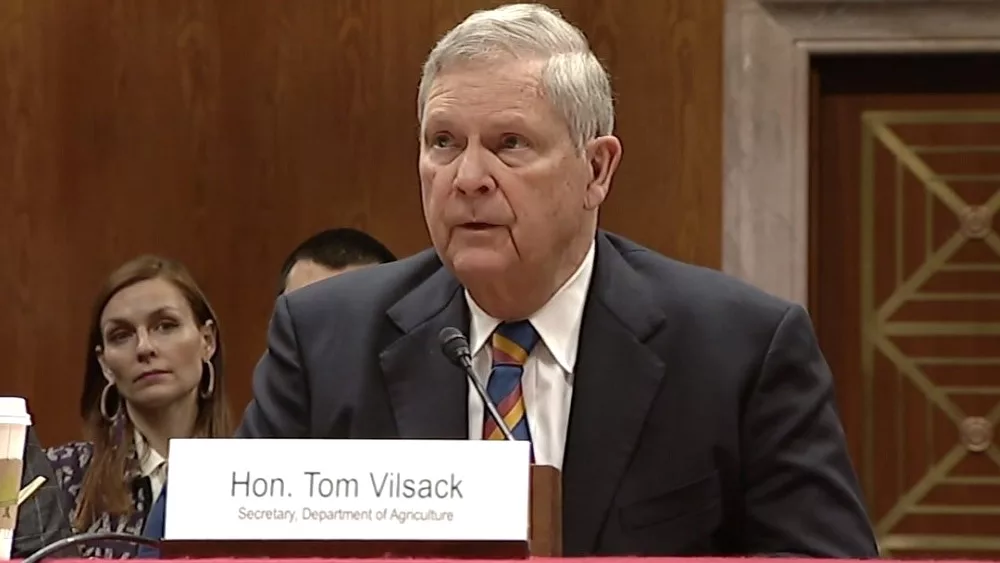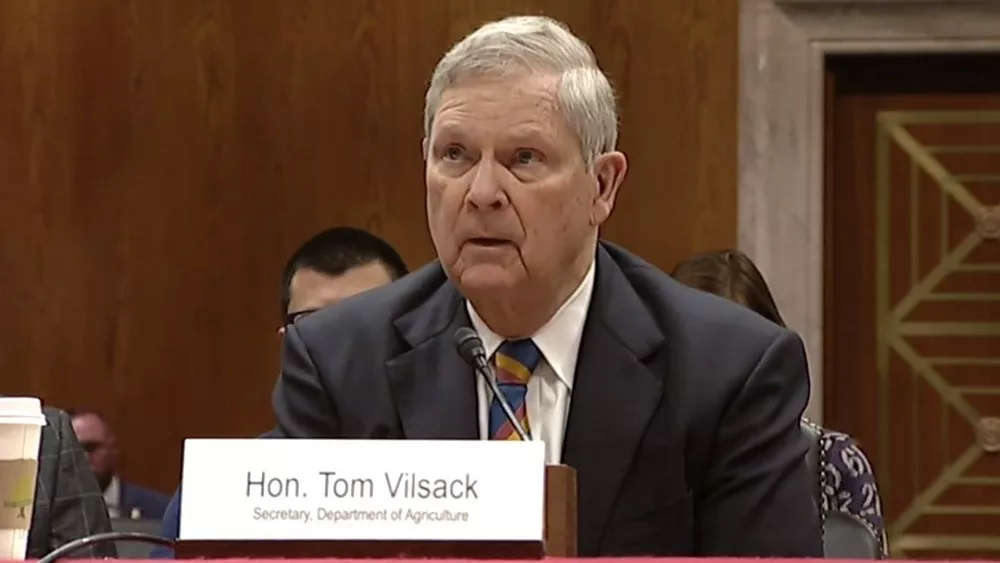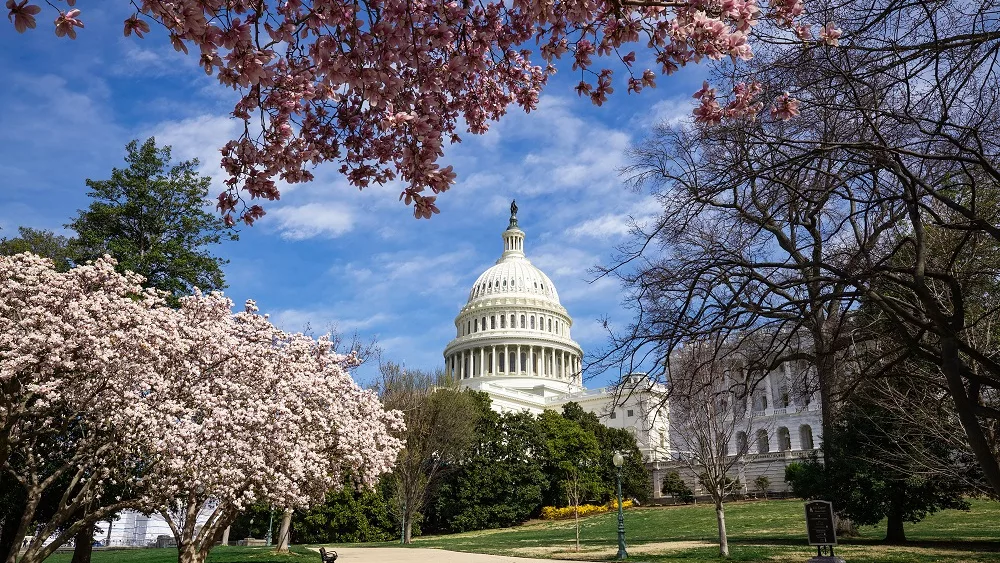A number of agriculture technology providers (ATPs) worked together recently to produce a document identifying core industry principles for data privacy and security on the farm. (Read the core principles document here: Privacy and Security Principles for Farm Data). One principle addressed ownership questions. This principle is particularly important as it is the first step to resolving the often asked question: “Who owns farm data?” Although the answer to this question seems obvious to most people, the core principles document developed by industry stakeholders contains a more in-depth approach than merely concluding “the farmer owns the data.”
The farm data principles document creates this ownership principle:
Ownership: We believe farmers own information generated on their farming operations. However, it is the responsibility of the farmer to agree upon data use and sharing with the other stakeholders with an economic interest, such as the tenant, landowner, cooperative, owner of the precision agriculture system hardware, and/or ATP etc. The farmer contracting with the ATP is responsible for ensuring that only the data they own or have permission to use is included in the account with the ATP.
This principle sets out a three step process for analyzing farm data ownership.
1. The baseline rule is that the farmer owns the data generated on their farming operation. This seems simple, but the reality of modern farming makes this statement more complicated. A farmer owns their data, sure, but who is the “farmer” when, for example, a retired farmer leases his land to a neighboring farmer on a crop share arrangement? This principle establishes the baseline default principle—the person who farms the land owns the data generated by their farming activities.
2. When other parties are involved in farming, the farmer must reach an agreement with these parties as to who will own the data. An example here occurs when a local coop that sprays the farmer’s crop. The coop may claim it owns the data generated during spraying. The farmer may claim this same data belongs to him, as it was generated on his field. (Side note: more than one party can own farm data). The ownership principle requires these two parties to agree on who owns the data and how it is used.
3. When contracting with an ag technology provider, a farmer has a responsibility to ensure only data under his or her ownership is used. The third step in data ownership is to place the responsibility on those using data management programs to make sure they are only uploading and analyzing data they own, or data they have obtained permission to share.
The three steps in the “ownership” principle are not legally binding, but that does not mean these points are not important. These guiding principles will help ag technology providers when drafting their privacy policies and terms of use. As an attorney that does this, these principles are immensely helpful for knowing how draft language governing data ownership.
Courts too will find the ownership principle highly relevant and persuasive when questions about data ownership arise. That’s because courts faced with ambiguous contracts will often turn to industry standards to determine how an ambiguous term should be interpreted. The ownership principle is evidence of an industry standard. It was created by both ag tech providers and farmer representatives, including American Farm Bureau Federation and other groups, such as industry trade organizations for wheat, corn, soybeans, and rice. The core principles document is the current industry standard.
Likewise, the ownership principle should help farmers when negotiating farm ground leases because it provides a baseline rule: the farmer owns the data. If a landlord wants access to farm data, the lease should provide so.
If there is one lasting legacy of the farm data core principles document, it will be the ownership principle.
Todd Janzen grew up on a Kansas farm and now practices law with Plews Shadley Racher & Braun LLP, which has offices in Indianapolis and South Bend. He also serves as General Counsel to the Indiana Dairy Producers and writes regularly about agricultural law topics on his blog: JanzenAgLaw.com. This article is provided for informational purposes only. Readers should consult legal counsel for advice applicable to specific circumstances. Todd is currently serving as chair of the American Bar Association’s (ABA’s) Agricultural Management Committee, which is part of the ABA’s Section of Environment, Energy, and Resources.
Submitted by: Todd J. Janzen, Plews Shadley Racher & Braun LLP




